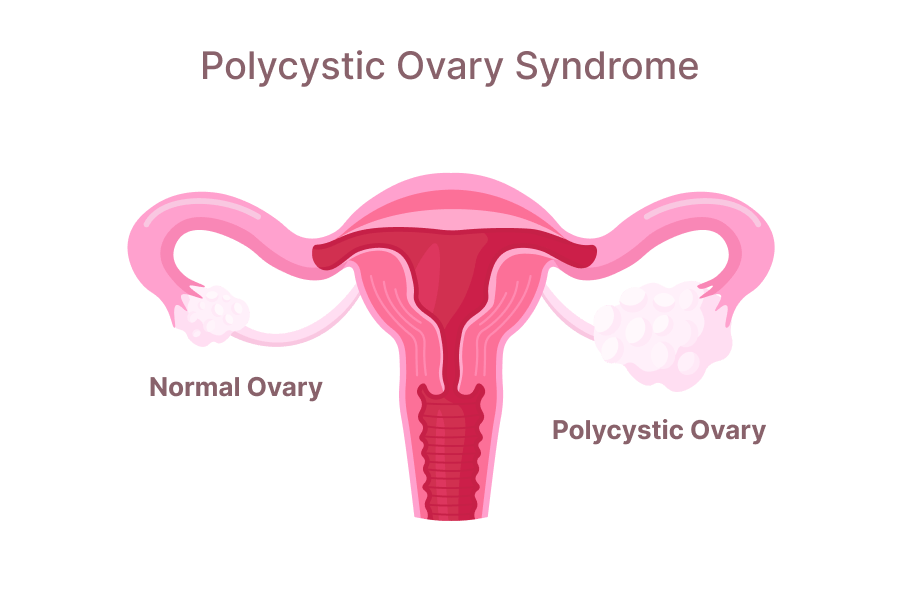What is Functional Medicine?
Functional medicine is an approach to healthcare that focuses on identifying and addressing the root causes of disease. Unlike traditional medicine, which often treats symptoms without addressing underlying problems, functional medicine seeks to understand the body and identify imbalances contributing to illness. Functional medicine practitioners use various tools, including nutrition, lifestyle changes, and supplements, to help their patients achieve optimum health. The root cause is a term used in healthcare to refer to the underlying cause of a disease or condition. A root cause may be genetic, environmental, or lifestyle-related. Identifying and addressing root causes is a key component of functional medicine.
I’m not sick. Should I still schedule a consultation?
Prevention is the best medicine, especially regarding your health. Most people believe that illness occurs in the body when you get older; this is not true. By taking steps to prevent disease and injury today, you can stay healthy and avoid costly medical bills later on down the road. Unhealthy habits create chronic inflammation in the body, leading to later illness.
What if I live in another state? Can you still be my doctor?
Yes! Our consultations are done virtually via phone or Internet via Zoom Calls.
We do not accept insurance. You can pay by credit card, debit card, HSA/FSA debit card, or care credit. You are welcome to submit the superbill for possible reimbursement from your insurance company. This document itemizes the services rendered and provides the insurance company with the information they need to process your claim. Many of our patients get up to 70% reimbursed.
We do not take any part in submitting claims or calling insurance companies, which is 100% the patient’s responsibility. We do not bill or participate in Medicare for any of our services.
Why don’t you accept insurance?
Unfortunately, insurance companies often dictate patients' care, limiting the effectiveness of treatments and time spent with our patients. Reimbursement rates are often too low to cover quality care costs. The administrative burden of dealing with insurance companies can be significant, which takes away from time that could be spent providing care to patients. We believe in providing the best possible care to our patients by spending as much time as necessary with each patient with personalized treatment plans to ensure their needs are met.
Who is a typical patient you see?
We see various individuals looking to upgrade their health and well-being. Our patients vary from complex health issues to the average person who doesn’t feel right. We help patients with chronic diseases such as autoimmune disease, heart disease, fatigue, insomnia, diabetes, arthritis, high cholesterol, ulcerative colitis, thyroid disease, anxiety, depression, brain fog, mood disorders, and more. Dr. Truc assists patients in getting off medication safely and healthily that is best suited for the individual.
Our advanced diagnostic testing, combined with Dr. Truc’s Functional Integrative approach, reveals the root cause of these issues. We see a variety of individuals looking to upgrade their health and well-being. Our patients vary from complex health issues to the average person who doesn’t feel right. We help patients with chronic diseases such as autoimmune disease, heart disease, fatigue, insomnia, diabetes, arthritis, high cholesterol, ulcerative colitis, thyroid disease, anxiety, depression, brain fog, mood disorders, and more. Dr. Truc assists patients in getting off medication safely and healthily that is best suited for the individual.
Our advanced diagnostic testing, combined with Dr. Truc’s Functional Integrative approach, reveals the root cause of these issues.
What can I expect in a wellness consultation?
We see various individuals looking to upgrade their health and well-being. Our patients vary from complex health issues to those who don’t feel right. We help patients with chronic diseases such as autoimmune disease, heart disease, fatigue, insomnia, diabetes, arthritis, high cholesterol, ulcerative colitis, thyroid disease, anxiety, depression, brain fog, mood disorders, and more. Dr. Truc assists patients in getting off medication safely and healthily that is best suited for the individual.
Our advanced diagnostic testing, combined with Dr. Truc’s Functional Integrative approach, reveals the root cause of these issues.
Where can I get my lab testing done?
Our most commonly recommended lab test for stress management is a non-invasive test done in the comfort of your home with ease.
Some labs may require bloodwork which we offer at our Conscious Medicine office. If the distance is an issue for lab testing, we are happy to assist you in finding a facility closer to where you live. At Lab Corp, you can schedule an appointment directly with their facility.
*To follow CDC sanitation and safety protocols, we only accept one patient at a time in our office, wear proper PPE, and disinfect them.*
Does insurance cover lab tests?
Lab tests are not covered by insurance. Many insurance plans, especially those provided by employers, only cover tests considered "medically necessary." You can check with your insurance supplier to see if they will reimburse you for out-of-network labs.
Lab tests are necessary because they can help diagnose many conditions, from uncomplicated infections to more severe diseases. They can also tell us how well your organs work and help us monitor your overall health.
How do I schedule an appointment?
Dr. Truc offers a complimentary 15-minute phone consultation to answer any patient's questions or concerns regarding their health ailment and go over the services provided at Conscious Medicine. We look forward to connecting with you and scheduling a call today.



